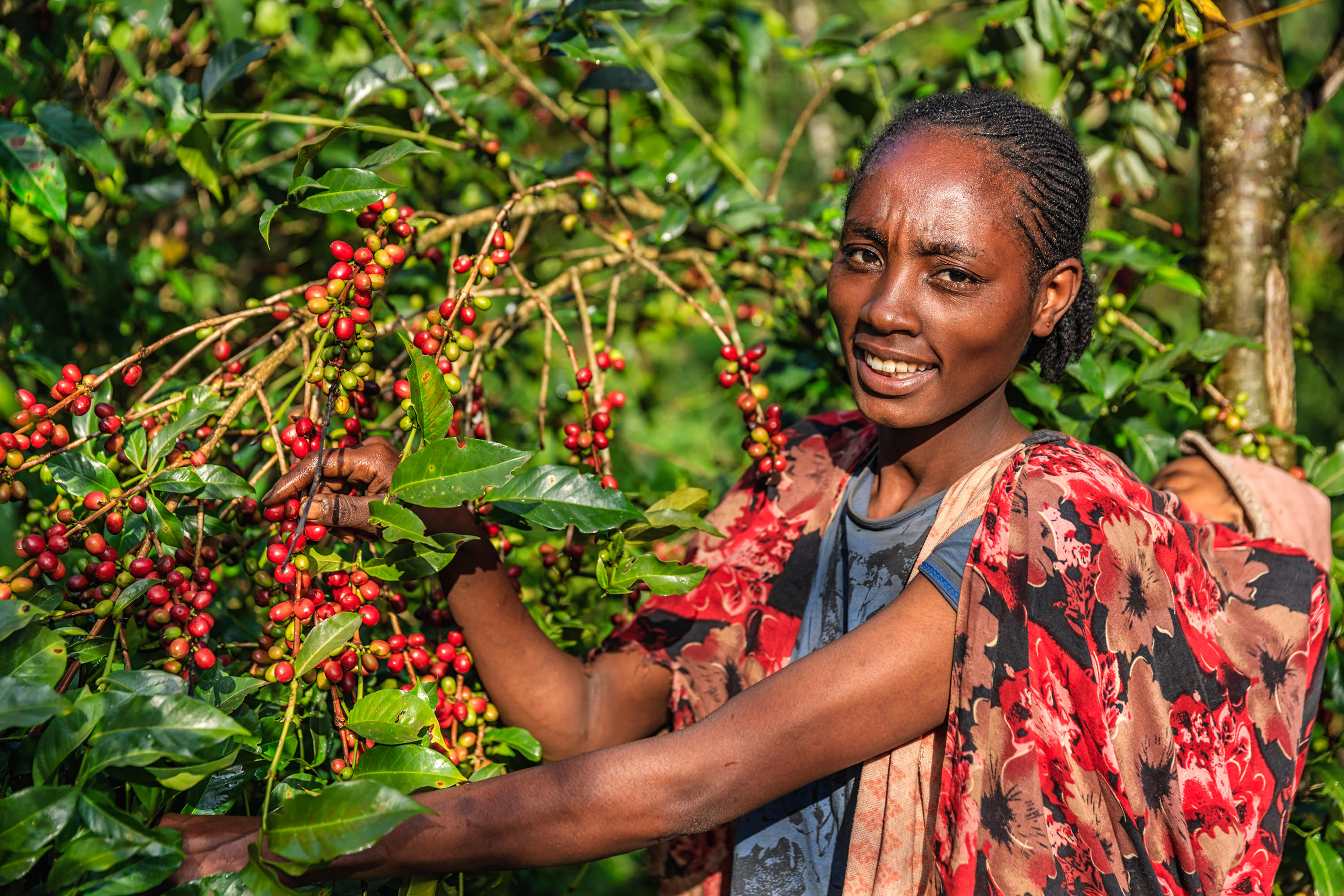Fairtrade has spread under the promise that it has the power to lift poor smallholder farmers out of poverty by providing them with technical assistance, credit, and better prices for their crops. Fairtrade is also viewed as a niche market for high value products in a context of globalisation and trade liberalisation policies that affect smallholder farmers in developing countries. The question of whether Fairtrade affects the welfare of small-scale rural farmers is particularly contentious. Some argue that Fairtrade may encourage diversification by increasing capacity, improving income, and providing a stable minimum income, while others argue that Fairtrade tends to encourage specialisation and dependence on the fairly traded good, to the detriment of diversification (Dammert and Mohan 2013).
Still, one of the key components of Fairtrade is its promise to empower small-scale farmers and workers. In particular, gender equality and women empowerment are explicitly stated as goals.This research programme provides evidence, analysis and insights on the key constraints to and the promising policy choices for equitable participation of women in Fairtrade markets. To that end, we focus on Ethiopia since Fairtrade’s greatest presence is located in this area with 47 percent of the worldwide certified small producer organisations based in this region.
